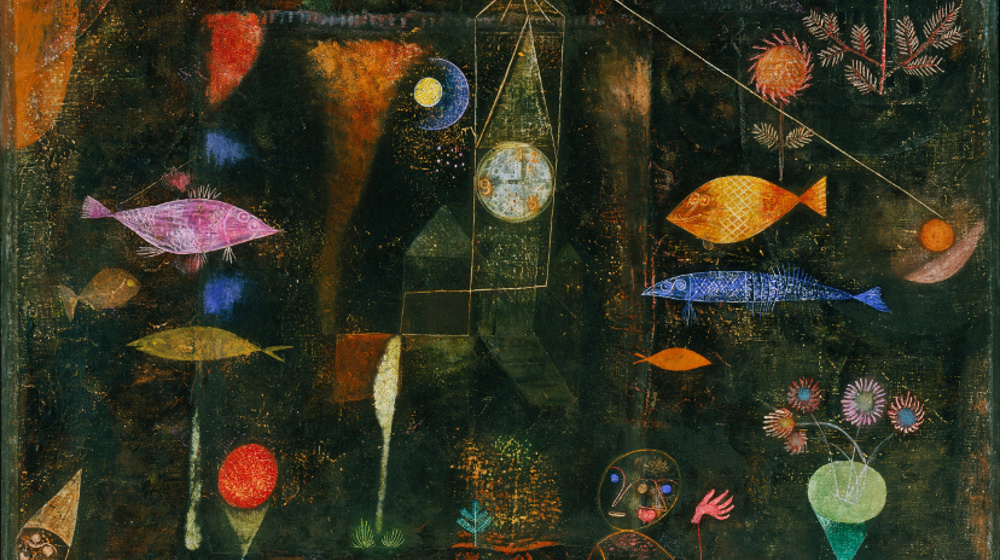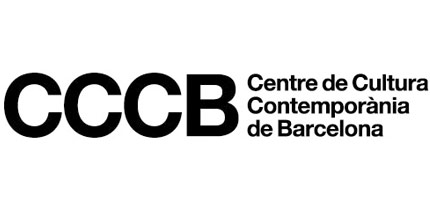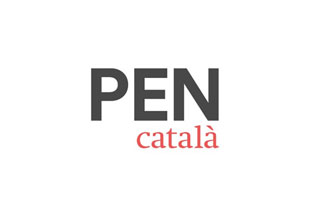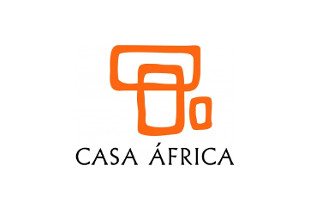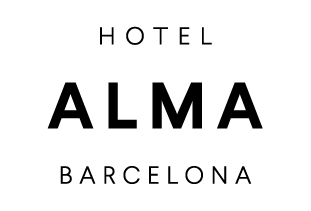To Imagine the World
Conversations for Thinking Education
Once again the CCCB is placing education at the centre of public debate with a lecture cycle which, this year, will be concerned with a key element in our shaping as human beings and citizens: imagination.
Educating the imagination is educating in the responsibility to think about the world we want. Impelled by imagination, we can push at the limits of reality and of our own bodies, a powerful act of freedom that opens up spaces of possibility, exposing what is invisible and even, at times, what is obscure and which we must know how to confront. At the same time, imagination is the precondition for empathy, the key for casting aside our individuality and establishing bonds with others. Constructing bridges of dialogue and inquiring into other perspectives, imagination opens us up to the community and is, accordingly, the linchpin of political commitment. Nurturing imagination in both the early stages of education and throughout adult life is the necessary condition for fuelling the exercise of critical citizenship and thus guaranteeing plurality and diversity in democratic societies.
Often linked the with the realms of evasion, fantasy, creativity, and artistic expression, imagination is, however, also a basic tool for interpreting data, providing solutions for complex problems and situations, and conceiving alternatives. It lets us read the past, understand the present and, therefore, get a glimpse of the future. Crossing body, heart, and mind, imagination is, in the last instance, the vehicle that propels us to transform the world.
This lecture cycle, which is jointly organised with the Barcelona Education Consortium—Networks for Change, will bring out the intimate link between imagination and education from perspectives as diverse as dance, critical pedagogy, literature, psychology, and political ecology.
Related contents
Isabelle Anguelovski
Reflections on an Urban Planet
Isabelle Anguelovski, an expert in political ecology, draws attention to the need to think about the city of the future from the standpoint of environmental justice. Present forecasts indicate that, in the near future, most of people of the planet will be living in cities. Hence, cities will, ...
